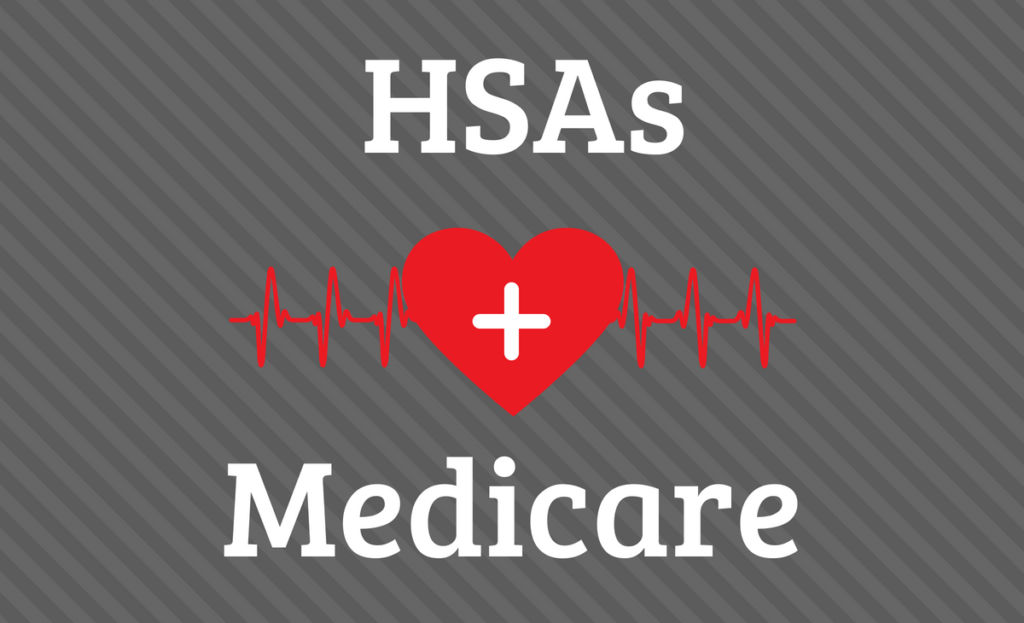Medicare and Contributing to Your HSA Rules: What You Need to Know

Health Savings Account (HSA) contributions are a critical aspect of healthcare planning for many people. If you’re eligible to contribute to an HSA, it’s essential to understand how Medicare enrollment affects your contributions. In this article, we’ll discuss the rules for contributing to your HSA while enrolled in Medicare and the different scenarios you may encounter when determining whether to delay Medicare enrollment to continue contributing to your HSA.
Can You Contribute to an HSA While Enrolled in Medicare?
IRS rules state that you cannot contribute to an HSA if you are enrolled in Medicare. Therefore, if you’re contributing to an HSA, you may want to consider delaying Medicare Part A enrollment until a later date.
Postponing Medicare Enrollment
If you’re eligible for Medicare but have not filed an application for Social Security retirement benefits or Medicare, and your employer has 20 or more employees, you have the right to postpone applying for Social Security and Medicare until you stop working. This means that you can continue to contribute to your HSA without penalty until your employment ends, and you’re entitled to a special enrollment period to sign up for Medicare.
Using an HSA While Enrolled in Medicare
If you have enrolled in Medicare, you can still use the HSA for your qualifying expenses but cannot make contributions to the HSA on your behalf, nor can you contribute to the HSA. It’s important to note that beginning with the first month you are enrolled in Medicare, your contribution limit to the HSA is zero, even if your enrollment is backdated. If you continue to contribute to the HSA after enrolling in Medicare, you may face tax penalties.
Primary Insurance Coverage
There are certain rules about what pays primary, Medicare or the employer coverage. If your employer has fewer than 20 employees in the group health plan, you may need to enroll in Medicare to have primary insurance, even though you will lose the tax advantages of your HSA. This is because health coverage from employers with fewer than 20 employees pays secondary to Medicare.
Helpful resources for understanding HSA rules and Medicare:
- https://www.irs.gov/publications/p969#en_US_2017_publink1000204063
- https://www.medicareinteractive.org/get-answers/coordinating-medicare-with-other-types-of-insurance/job-based-insurance-and-medicare/health-savings-accounts-hsas-and-medicare
Delaying Medicare Enrollment
In summary, whether you should delay enrollment in Medicare to continue contributing to your HSA depends on your circumstances. If you work for an employer with fewer than 20 employees, you may need Medicare to have primary insurance, even though you will lose the tax advantages of your HSA. If you work at an employer with 20 or more employees, you may choose to delay Medicare enrollment and continue putting funds into your HSA.
Frequently Asked Questions
Q: What happens if I contribute to my HSA after enrolling in Medicare?
A: If you continue to contribute to your HSA after enrolling in Medicare, you may face tax penalties.
Q: Can I use my HSA for qualifying expenses while enrolled in Medicare?
A: Yes, you can use your HSA for qualifying expenses while enrolled in Medicare.
Q: Should I delay Medicare enrollment to continue contributing to my HSA?
A: Whether you should delay enrollment in Medicare to continue contributing to your HSA depends on your circumstances. If you work for an employer with fewer than 20 employees, you may need Medicare to have primary insurance, even though you will lose the tax advantages of your HSA. If you work at an employer with 20 or more employees, you may choose to delay Medicare enrollment and continue putting funds into your HSA.
In conclusion, whether you should delay Medicare enrollment to continue contributing to your HSA depends on your specific circumstances. It’s crucial to understand the rules for contributing to your HSA while enrolled in Medicare and how primary insurance coverage works. By delaying Medicare enrollment if you’re eligible, you may be able to continue contributing to your HSA without penalty. However, if you work for an employer with fewer than 20 employees, you may need Medicare to have primary insurance, even if it means losing the tax advantages of your HSA. The team at Plan Medicare is here to assist you with understanding your HSA and Medicare costs. Call us at any time- we are here for all of your Medicare questions!






